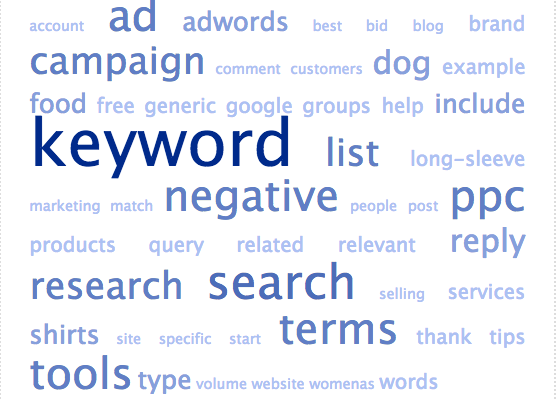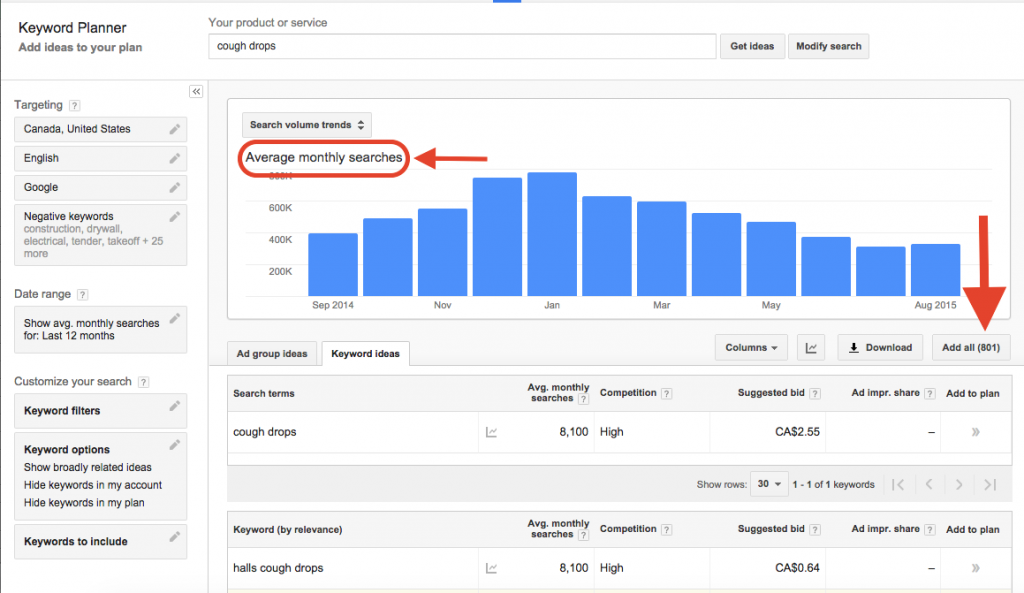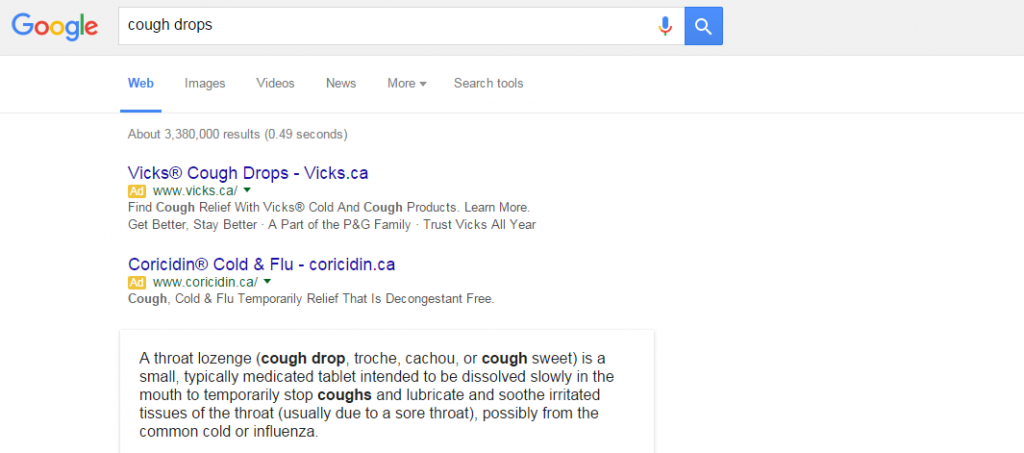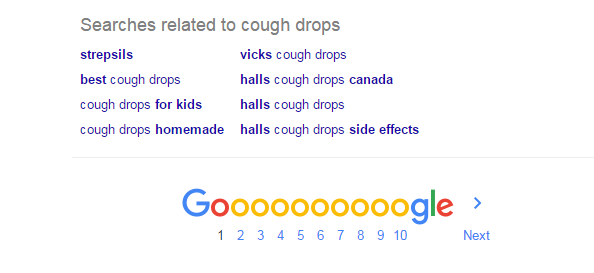It used to be that only PPC specialists or marketers running SEO cared about performing keyword research for digital marketing campaigns, but today nearly everyone in digital marketing needs to know how to research keywords.
Keywords are more than just SEO
When a blogger needs to know what terms are popular with a specific market segment to create a blog post that engages with people who visit their website, keyword research is essential.
Another example is email marketers who need to know what phrases are being searched so that they can include those keywords within the subject line to encourage engagement with the email.
We can see the same thing with social media. We all include hashtags (which if you ask me are keywords) that are very popular to increase our share of voice and the visibility of our messaging.
Let’s face it heads on, if you’re in digital marketing, you’re going to be doing keyword research at one point or another.
While most “experts” will tell you to start with the Google Keyword Tool, I like to do things differently because opportunities are found where few are looking.
Problems with using the Google Keyword Tool
I have to say that I also use Google’s Keyword Planner tool, however it is not the first thing that I reach out to when I start my keyword research and here’s why.
Everyone in digital marketing is using it, and in many cases that’s all they use, which means that all marketers are looking at the same data. This makes your analysis not so unique.
True, data is data, and it’s not exactly biased, but there is always more you can learn, and other angles to explore when it comes to keywords, and that’s where many marketers are falling short.
Even if everyone uses the same tool, there is way too much data in Google’s Keyword Tool to allow one person to control any sector of any industry. That’s not the issue, the problem is, why follow the crowd when you can lead?
If all you do is look at the numbers in Google’s Keyword Planner, you can’t get ahead of anyone else in your industry.
That’s why you need to explore other areas, and I’ve found that Google itself, in the search engine interface, is a great place to start.
Overwhelming Keyword Data
With the Google Keyword Planner there is a ton of data from all the queries that Google collected over the years about searches that people have made through the search engine. In fact Google data is so vast that they can actually break down keyword data by monthly search volumes.
Due to the fact that there is so much data to look at, it can serve to some extent as noise because there is so much analysis that needs to be done on the various search term.
To demonstrate this, I took a seed keyword that is not very popular “cough drops” and below is an actual screen capture of the number of keywords ideas that Google came back with, 801 in total.
Now of course each keyword comes with data, in terms of competitors and the search volume, but in a list of 801 keywords, how can you find what is most relevant?
That’s where my idea comes into play.
Google Search as a Keyword Planner
The first thing I do is search Google for the keyword I’m interested in advertising for.
The first thing I look at are my competitors PPC ads. I look at how many ads appear, what headlines they use and I deduce my chances of appearing if I bid for those keywords.
For cough drops, there are only 2 ads, so I know it’s a good term to bid on if I’m selling cough drops.
Once I get to the bottom of the first page of search results, there are always suggestions that are too often overlooked by marketers.
Rather than filter through a list of 801 related terms on the AdWords Keyword Planner, I can see the most relevant, according to Google. If they apply to my business, that’s an easy way to find other terms to bid on as well.
If I want to take it a step further, I can click those related terms and see what other related terms come up. Kind of like using a thesaurus on a word you just used a thesaurus to find.
Once I have a good understanding of what my search term looks like in a real search environment, and I have a few ideas for other search terms I can bid on, then I use the Keyword Planner.
But in my opinion, the Keyword Planner should not be a stand-alone tool, and if you use it as such you’re missing part of the bigger picture.
Now it’s your turn. Let us know what keyword tools you use to research high quality terms to stat as well as optimize your PPC campaigns? Is it a custom built in-house tool or do you use keywordtool.io, Übersuggest or any other tools that you have book marked?






